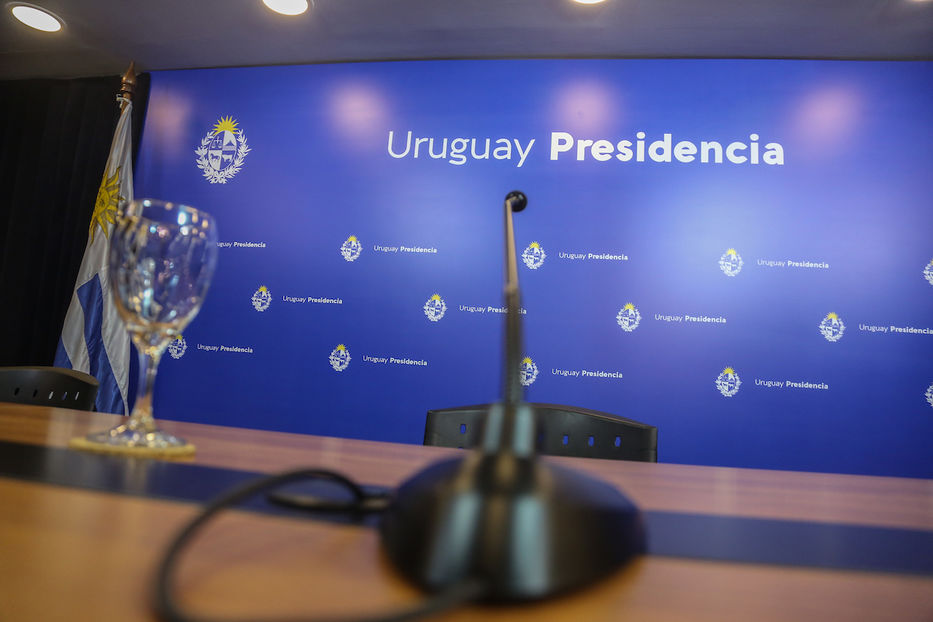
Uruguay
Impact | Negative
Probability | Medium
Civicus Rating | Open
The Industry Committee of the Chamber of Deputies began the study of a media bill promoted by the government to replace the current regulation, with a round of consultations that so far included ten delegations. The text has not lacked debate since the beginning of its legislative process. Among its most questioned points, three stand out. First, it will enable greater concentration in the telecommunications sector by expanding the amount of media under the control of the same person or company. Second, it eliminates journalists’ right to exercise conscientious objection, that is, the right to refuse accompanying with their image, voice or name contents of their authorship that were modified without consent. This point recognized in the current law represents a “setback in rights,” according to representatives of local civil society. Third, the bill eliminates advances made in terms of visual and hearing accessibility for people with disabilities, thus limiting freedom of expression and information with equal opportunities (for example, subtitled programming, sign language and audio-description). The Industry Committee plans to hold new rounds of hearings with interested stakeholders. However, the expectation is that the bill, which is still in an initial phase of discussion, will not be resumed until October, when the debate on the National Budget concludes.
For an assessment of the bill by the Civil Society Coalition for a Democratic Communication Policy, click here.


